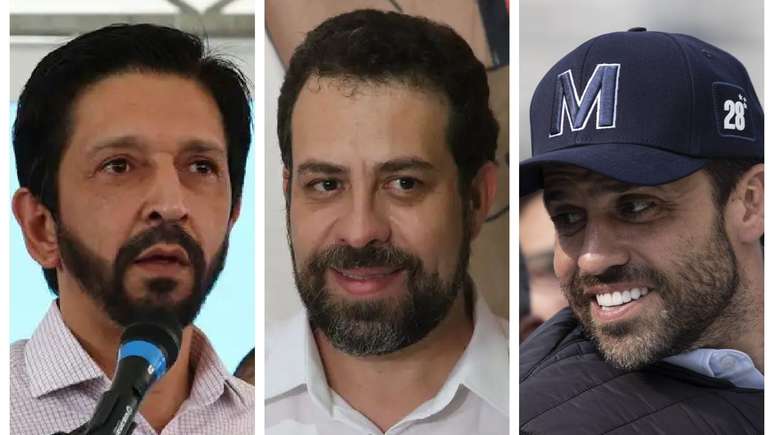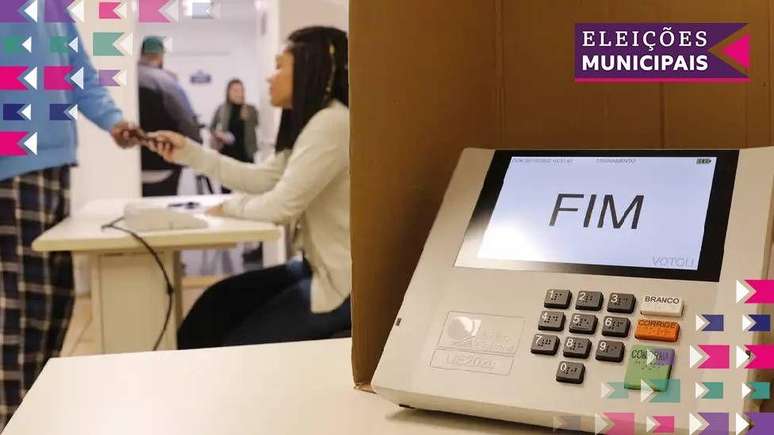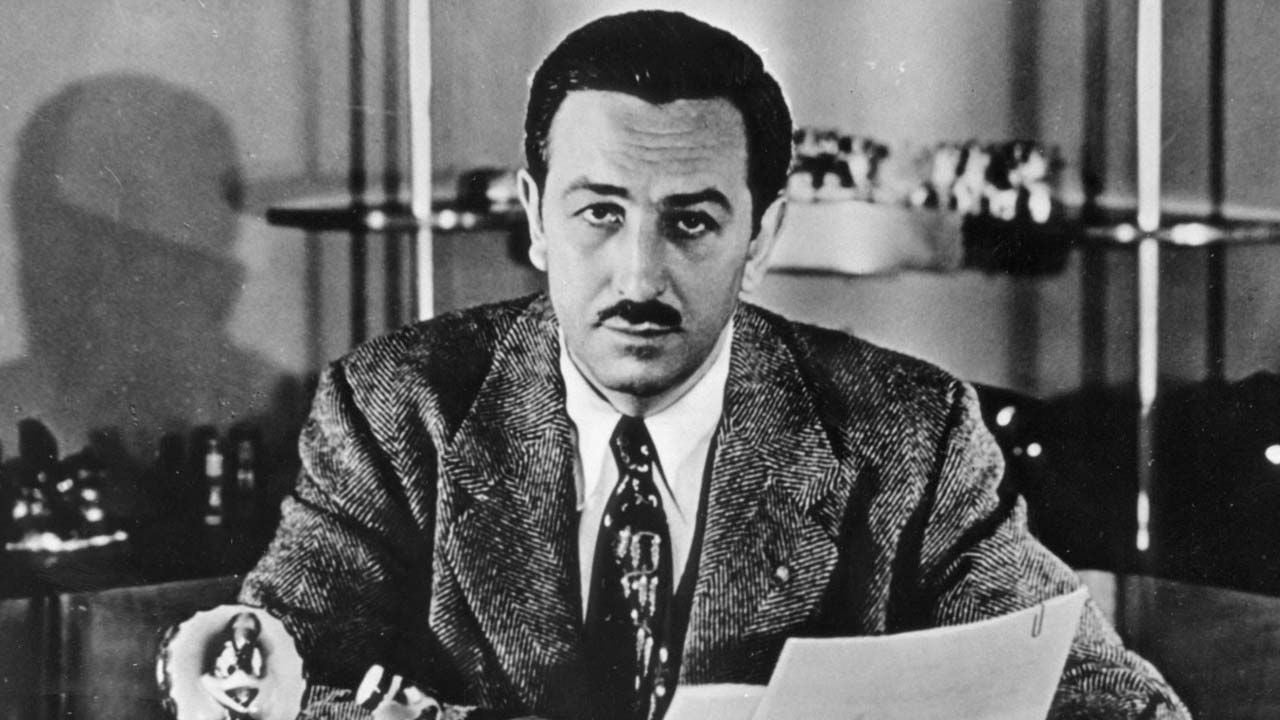The results of Sunday’s polls will show the strength of the parties and should influence future political alliances, but should not affect the dispute for the presidency.
Brazilians will elect the mayors and councilors of the country’s 5,569 municipalities on Sunday (6/10), but their choices should not only impact their cities.
The balance of the 2024 votes could also influence the direction of politics for the 2026 elections, when the country will define the next President of the Republic and governors, and the new composition of the National Congress and state legislatures.
According to experts interviewed by BBC News Brasil, this does not mean that the political field with the most mayors and councilors is necessarily the best positioned for the most targeted dispute: the race for the Palácio do Planalto.
An example of this was the PT’s poor performance in 2020, when the party elected 183 municipalities, the lowest number in 16 years, none of which were in state capitals, something unprecedented in the party’s history.
Nonetheless, the party regained command of the Federal Executive two years later with the third mandate of President Luiz Inácio Lula da Silva (PT).
But if the balance of the municipal elections is not a preview of the national elections, it instead works as a good thermometer of the strength of the parties in building alliances for the next electoral competition.
“The connection between the two elections occurs more within the political elite than in the preferences of voters,” says political scientist Rafael Cortez, partner of Tendências Consultoria and professor at the Brazilian Institute of Education, Development and Research (IDP).
“To some extent, municipal elections provide the balance of power that parties will play with when building their electoral platforms and strategies in the national dispute.”
However, from the voter’s perspective, the effect of one election on the other is smaller, Cortez says.
“The electorate’s preference over party A or B in 2024 will not necessarily be repeated in 2026, because, in fact, the voter is evaluating [na eleição municipal] the actions of local governments”.
Political scientist Beatriz Rey, a researcher at the POPVOX Foundation, in the United States, and a postdoctoral researcher at the University of São Paulo’s School of Arts, Sciences and Humanities (EACH-USP), makes a similar reading.
Rey also draws attention to a more immediate impact on the municipal balance: how the parties will behave in the dispute for the command of Congress in 2025, in particular the presidency of the Chamber of Deputies, where the election to define the replacement will take place by Arthur Lira (PP-AL) is more intense.
“The municipal elections are not a preview of the 2026 elections,” underlines the political scientist.
“What these municipal elections will demonstrate is how the parties are moving and what strength they have, both for the dispute for the Presidency of the Republic and for that of the Chamber, which is as important as [a corrida pelo Palácio do Planalto].”
Political scientist Cláudio Couto, professor at Fundação Getúlio Vargas (FGV), points out that there are studies showing that municipal elections tend to be a good predictor of parties’ performance in elections for the Chamber of Deputies in subsequent elections.
“Voters tend to choose the MP who has the ability to run a stronger campaign in the municipalities. Whoever has a mayor and a councilor working on their campaign has a clear advantage,” says Couto.
“But for the president the dynamic is completely different, it doesn’t follow the same logic.”
Who should win more town halls
The prediction of those interviewed is that the center-right and the right will continue to control the majority of the country’s municipalities.
For Rey, the PSD, led by Gilberto Kassab, and the PL, party of former president Jair Bolsonaro, should conquer the greatest number of cities, while the MDB and PSDB tend to shrink.
According to Cortez, this year’s polls will play a particularly important role in how the right will behave in the national dispute, since today it is unclear who will replace Bolsonaro, ineligible after the electoral conviction, as a competitor in this field.
Some names have emerged as potential candidates, such as the governors of São Paulo, Tarcísio de Freiras (Republicans), of Goiás, Ronaldo Caiado (União Brasil), of Minas Gerais, Romeu Zema (Novo), and of Paraná, Ratinho Junior (PSD ).
For Cortez, the outcome of the race for the leadership of São Paulo – in which two competitive candidates, the current mayor Ricardo Nunes (MDB) and the entrepreneur Pablo Marçal (PRTB), compete for the Bolsonarist electorate – could indicate which one will the profile of his replacement being Bolsonaro.
“Although this name has not yet been defined, there was an expectation that the right would have as its main candidate in the next presidential elections someone more moderate than Bolsonaro,” says the political scientist.
“The ideal scenario [para esse campo] It would be a coalition like that of Ricardo Nunes, which has managed to bring together practically everyone [da direita e centro-direita] against the left [representada pelo candidato apoiado por Lula, Guilherme Boulos, do PSOL].”
But a second round between Boulos and Marçal in Sao Paulo is not excluded, because the polls show the two and Nunes in difficulty.
“Marçal’s performance [ao longo da corrida eleitoral] It is somewhat of an indication that, potentially, there is an electoral market for a more disruptive candidate, i.e. it is not necessarily a moderate version of Bolsonaro that will prevail in 2026,” Cortez adds.
Although the current mayor is officially supported by Bolsonaro, Marçal attracted a significant part of the former president’s supporters with an aggressive and radical speech.
In this context, Bolsonaro has avoided throwing himself into Nunes’ campaign and has prioritized supporting other candidates across the country.
In the last week of the campaign, he opted for events in Vitória (ES), in three cities in the interior of São Paulo (São José dos Campos, Taubaté and Guaratinguetá) and concluded his performance in Rio de Janeiro, with commitments to Angra dos Reis, Duque de Caxias Belford Roxo and in the capital Rio de Janeiro, where its candidate, Alexandre Ramagem (PL), could be defeated by the current mayor, Eduardo Paes, still in the first round, according to polls.

Ministerial reform to ‘divide’ the right
On the left, Cortez assesses that the 2024 elections have shown Lula with less political capital than in the past.
The president has been little involved in municipal disputes, proving to be a less significant electoral leader in this election.
The only dispute in which he was a little more active was that of São Paulo, where he was present at two Boulos rallies on August 28 and at the closing ceremony of the campaign on Saturday (5/10), in Avenida Paulista.
In the context of a strong international agenda, with recent trips to the United States and Mexico, the president canceled another activity he would have had with Boulos in the city at the end of September.
Lula’s electoral performance, however, is not seen by respondents as an indicator of his strength in 2026.
“Many candidates complain about Lula’s failure to participate as an electoral candidate, but we can’t say anything about his re-election chances based on that,” Rey says.
Given the expected strength of the center-right and right in municipal polls, Cortez believes that Lula will push for ministerial reform, seeking to divide this camp, to prevent it from consolidating around one candidate in 2026.
Today, parties from this political spectrum are already part of the government, in an attempt to guarantee these parties support in Congress, which is not always confirmed.
The PSD commands three portfolios (Mines and Energy, Agriculture and Fisheries), União Brasil another three (Communications, Tourism and Integration and Regional Development), while the Republicans and PP have one each: respectively the Ministry of Ports and Airports and the Ministry of Sport.
The PL is the main opposition party and is therefore not part of the Esplanada.
Source: Terra
Rose James is a Gossipify movie and series reviewer known for her in-depth analysis and unique perspective on the latest releases. With a background in film studies, she provides engaging and informative reviews, and keeps readers up to date with industry trends and emerging talents.







